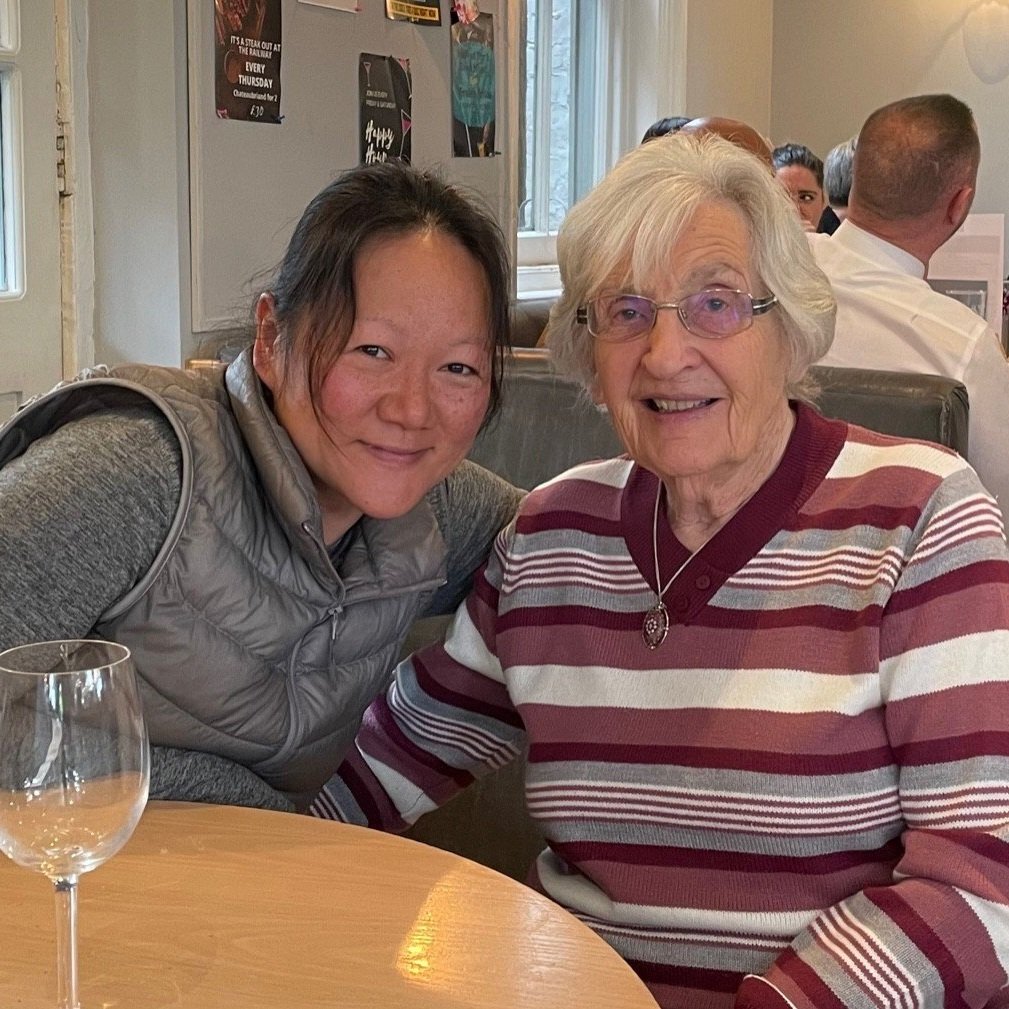77% of older people need basic technical support but can’t get it
Meet my friend Rosemary.
She is 84 and lives on her own. She owns a tablet and smartphone and uses both devices to stay connected to friends and family and to read the news.
When Rosemary has an issue with her devices, she will ignore it until she can’t actually do what she needs to do.
She will then ask her family for help. They are all willing to help but they live far away and have their own work and lives so the help is not immediate.
Rosemary doesn’t even attempt to search online on how to fix the issue as she doesn’t even know what to search for.
This happens every day to older people, and very often adult children will tell me this is exactly what happens with their parents.
As adult children, we are all willing to help but..
we are not so tech savvy ourselves
even if we can do a search online, we don’t often don’t understand what we read
technology changes so quickly that what we have no idea what is the most updated information
we simply don’t have the time to read everything online
Councils and other social care have such stretched resources that it is increasingly impossible to ask them for help. Technological assistance is definitely not a priority.
Just because a device or gadget is ‘simple’ this doesn’t entice an older person to use it. What they need is to feel confident that they can use it. This confidence in tech requires continuous and friendly support. Family members and friends simply don’t have that time or patience normally to offer this level of support.
When an older person is not confident, a device will just lay in their homes unused and wasted.
14.9 million people still have very low digital engagement which means they may shop online, some of it on mobile phones, but tend not to use email or online banking.
- Lloyds Banking Group Consumer Digital Index 2022
Technology advances so quickly that there are so many products available which can allow an older person to live safely and independently for an extended period of time.
The issue is these technologies are thrown to the older market with no regular guidance and support required to build the confidence that is needed to use them.
The failure to guide and support has a huge detrimental effect on the older market which has a knock on effect to organisations in health and social care and will not allow us to end digital poverty.
The UK Digital Poverty Evidence Review 2022 shares that 5 intertwined ‘determinants’ of digital poverty that must be addressed simultaneously to end digital poverty are:
Devices and connectivity
Access
Capability
Motivation
Support and participation

